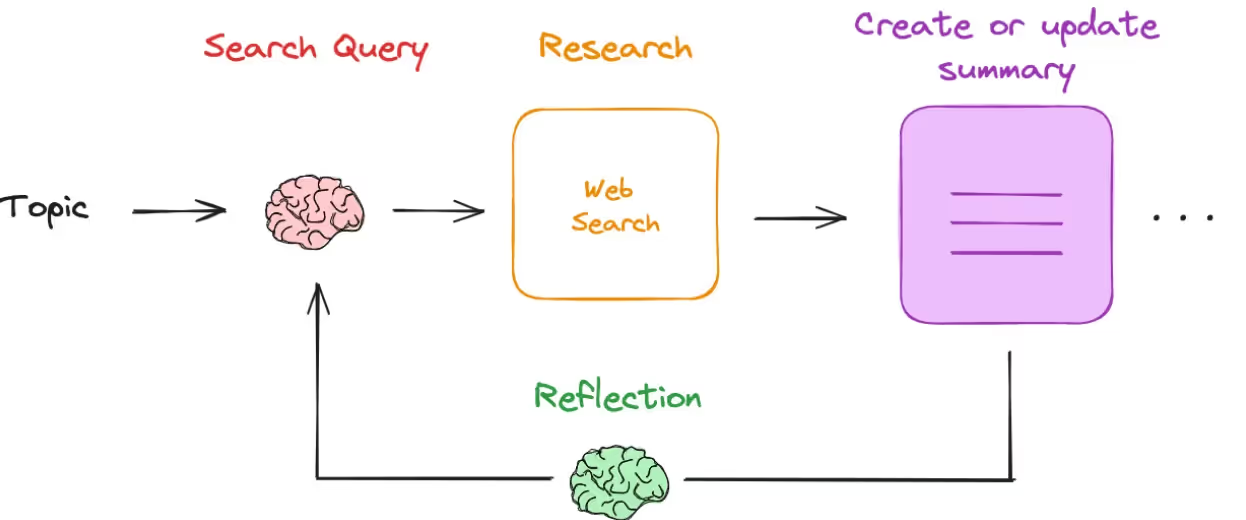FAFSA Eligibility: What Happens If You Have Unpaid Taxes?
If you or your family owe taxes, you might wonder: Can students still apply for FAFSA and receive federal financial aid? Many people face IRS debt or missed tax filing deadlines and worry it could hurt their chances for grants, scholarships, or student loans. Understanding how taxes impact FAFSA helps you navigate the process with confidence.
Understanding the FAFSA Application Process
The Free Application for Federal Student Aid (FAFSA) is the main form used to determine your eligibility for federal grants, work-study jobs, and student loans. Schools and many states use it to award their own financial aid. Each year, students and sometimes parents must submit income and tax information, usually based on their most recent federal tax return.
- FAFSA relies on your federal tax return from two years prior (using "prior-prior year" data).
- You can use the IRS Data Retrieval Tool to pull your tax info straight into the FAFSA form.
- You do not submit tax payments through FAFSA, only your tax data.
Submitting accurate tax information is important. Most financial aid is need-based, which is calculated by comparing income with college costs.
Does Owing Taxes Disqualify You from Federal Student Aid?
Owing the IRS by itself does not automatically prevent you from filing the FAFSA or receiving aid such as Pell Grants or subsidized loans. The U.S. Department of Education is more concerned that you have filed required tax returns than whether you have paid all amounts due.
- If you owe taxes, you're likely still eligible for federal student aid, assuming you filed your return correctly.
- If you did not file when required, that can trigger FAFSA verification issues or delays.
- Paying taxes late may lead to penalties or interest, but it's not a dealbreaker for FAFSA.
The IRS and Department of Education maintain separate processes. However, not being in good standing with your taxes—such as failing to file a required return—may affect processing or eligibility under certain circumstances.
Filing Taxes: A Key Step for Your Financial Aid Application
To complete your FAFSA smoothly:
- Make sure all required federal tax returns are filed for the years requested by FAFSA.
- Use correct, matching Social Security numbers and legal names on both your FAFSA and tax return.
- If you need to file a late return, submit it as soon as possible before applying for aid.
- Keep copies or transcripts of your tax return for verification purposes.
If you (or your parent) are selected for verification—a process to confirm a sample of applications—be ready to provide official IRS documentation. Colleges may delay financial aid offers until you resolve missing tax filing issues.
Common Scenarios and Solutions for Students with IRS Debt
If you or your parents owe back taxes or are on a payment plan with the IRS, here’s what you should expect:
- Owed Back Taxes, But Taxes Filed: You can complete the FAFSA and qualify for aid as usual.
- Did Not File, but Required To: Financial aid offices will usually pause your aid process until you file the required return. Some schools may give you a deadline.
- IRS Payment Plan: Being on a payment plan or having tax debt in collections does not affect FAFSA eligibility, as long as you have filed the tax return.
- Tax Lien: If the IRS files a lien, it does not in itself impact your financial aid eligibility, but it may affect private student loans or credit checks in extreme cases.
If you’re concerned about your situation, reach out to your school’s financial aid office. They can help you understand what documentation you need and what steps will keep your application moving smoothly.
How to Avoid FAFSA Filing Problems Related to Taxes
To prevent delays or issues with your federal student aid:
- File all tax returns by the tax deadline each year, even if you owe money.
- Set up payment plans with the IRS if you cannot pay in full.
- Use the IRS Data Retrieval Tool for faster, more accurate FAFSA processing.
- If you need a tax extension, complete your return as soon as possible and update your FAFSA info.
- Communicate with financial aid officers if you face unique tax situations (like identity theft, disaster relief, or IRS disputes).
Managing Tax Debt and Financial Aid: Important Tips
You can still build your education and future, even with IRS debt. Here are steps to protect your aid and eligibility:
- If you or your parents owe taxes: Prioritize filing, not necessarily full payment, before the FAFSA deadline.
- Contact the IRS Taxpayer Advocate if you have unique or urgent tax dilemmas.
- Seek free tax help through IRS Volunteer Income Tax Assistance (VITA) if needed.
- Consult your college’s financial aid office for unusual situations—sometimes, they can offer a professional judgment review for special circumstances.
- Monitor your IRS account and financial aid portal for updates or requests for paperwork.
Related Questions About FAFSA and Taxes
Will my financial aid be withheld if I owe the IRS?
No, federal student aid is generally not withheld due to IRS debt alone. Only failure to file the required tax returns can cause issues. However, certain state-based grants or private scholarships might check tax compliance depending on their rules.
Can I use a payment plan with the IRS and still get FAFSA aid?
Yes, if you’re on a payment plan after filing your return, you remain eligible for federal student aid. Outstanding balances do not impact FAFSA, but not filing your return will.
What if my parent did not file taxes on time?
If your parent is required to file and did not, you should urge them to submit the return as soon as possible. Verification holds and aid delays are common until the documentation is complete.
Do I need an IRS transcript for FAFSA?
Not always, but if you are selected for FAFSA verification or cannot use the IRS Data Retrieval Tool, you may need to provide a tax return transcript to your school.
Are there income limits for FAFSA eligibility?
No strict income limit applies. All students should submit a FAFSA, as aid is based on many factors. Income is a major element in formula, but high or low income alone doesn’t determine eligibility for all types of aid.
Take Steps Toward College Funding, Even If You Owe Taxes
Filing taxes is a requirement for FAFSA, but paying all your IRS debt first is not. Don’t let worries about unpaid taxes keep you from applying for financial aid. File what you owe, resolve any IRS issues with help from financial aid advisors, and submit your FAFSA on time for the best chance at grants and low-cost loans. If you need to catch up with tax filing, act quickly and communicate with your college’s financial aid office.











.svg)



